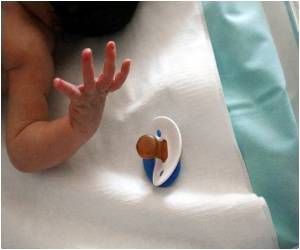
‘HSV-1 pathogen produces viral infections in humans and causes lifelong neurological problems such as cognitive dysfunction, learning disabilities, and dementia.’
Tweet it Now
HSV-1 infection in neural stem cells resulted in the activation of the caspase-3 apoptotic pathway. This pathway initiates programmed cell death. HSV-1 infection impaired new neurons production and hindered hiPSC-derived neural stem cells' ability to convert into mature neurons through a process called neuronal differentiation.
In the human fetal brain, the HSV-1-infected brain organoids mimicked the pathological features of neurodevelopmental disorders.
The 3D model showed that HSV-1 infection promoted the abnormal proliferation and activation of non-neuronal cells called microglia.
The study opens new therapeutic avenues for targeting viral reservoirs relevant to neurodevelopmental disorders.
Advertisement
Source-Medindia















